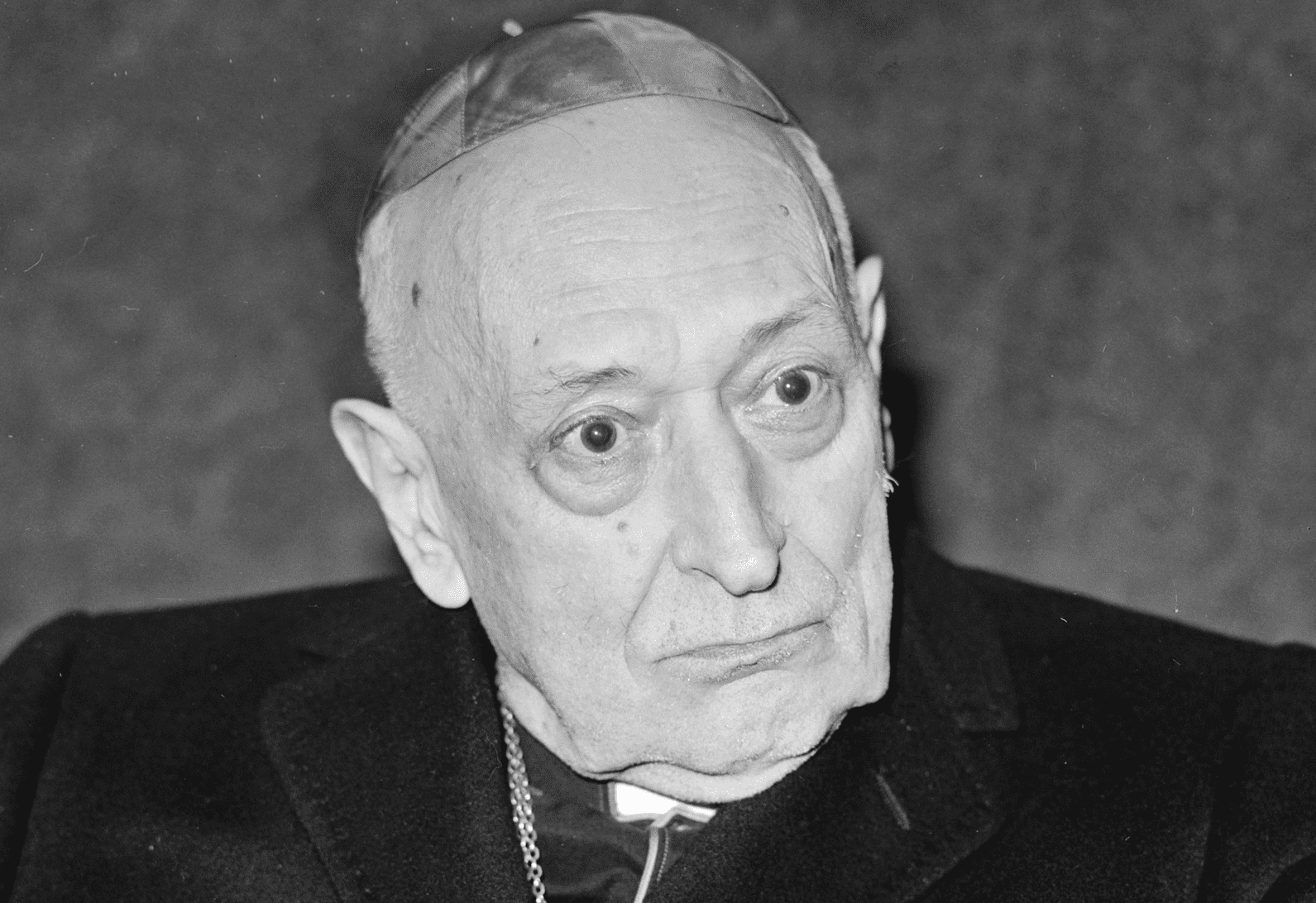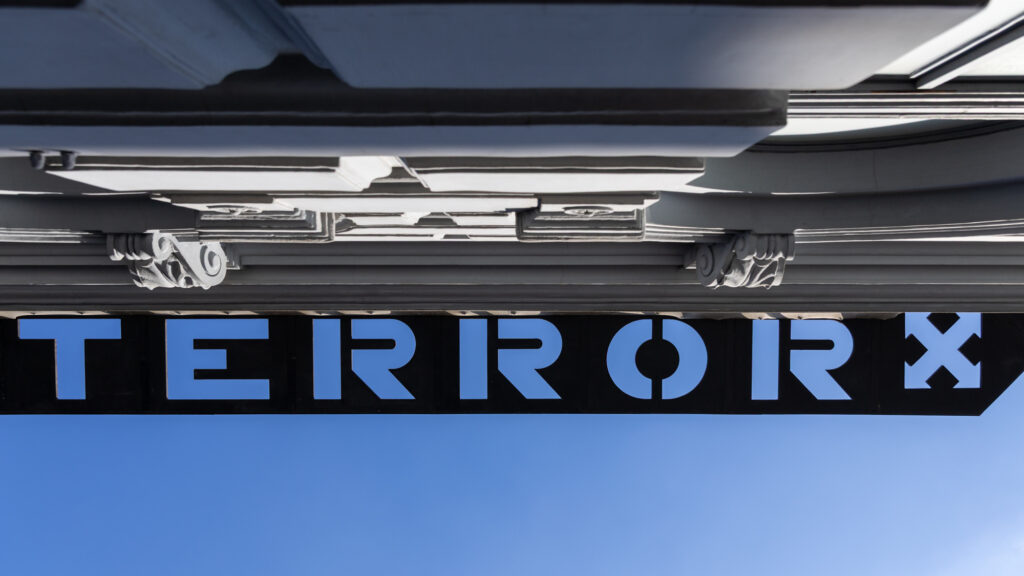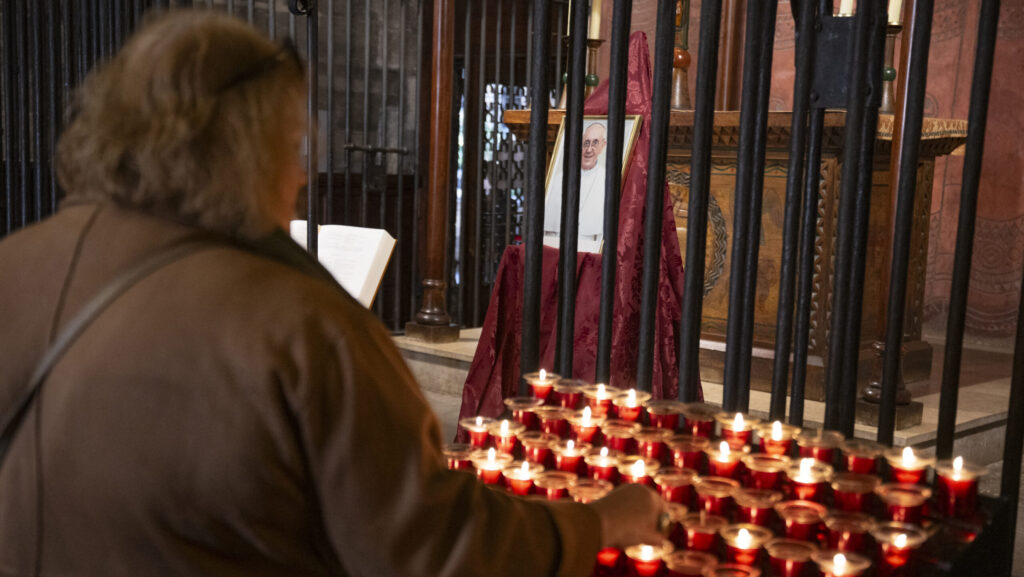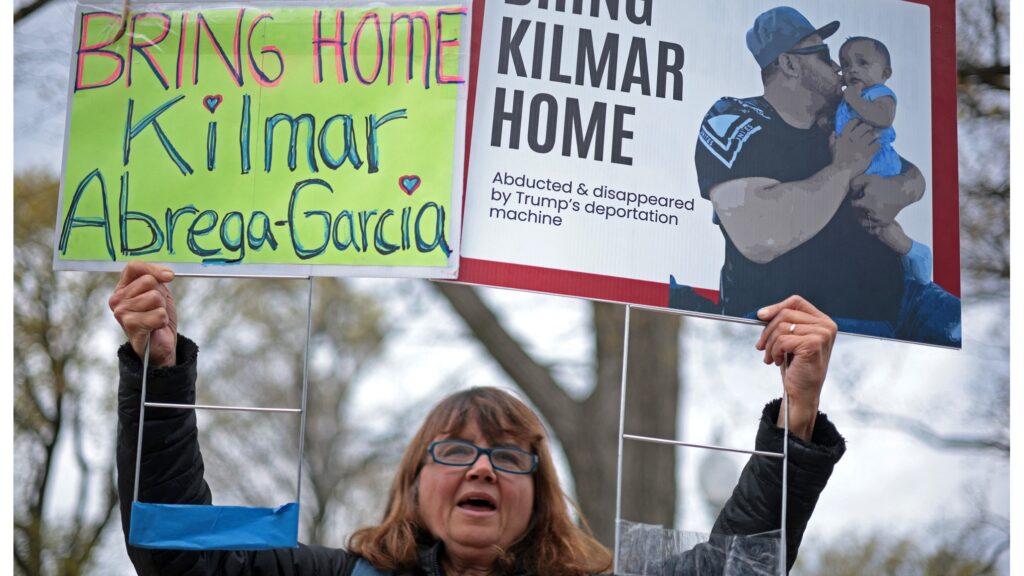Cardinal Mindszenty, victim of Communist torturers, hero of the 1956 revolution and subsequently an important symbol of the anti-Communist activities of Hungarian émigrés, was the bishop of Veszprém between 1944 and 1945. As a left-wing historian has recently reignited debate over Mindszenty’s alleged antisemitism and collaboration with the Nazis during his term as bishop, it is important to closely examine Mindszenty’s historical record.
Mindszenty never abandoned the Jewish populace of his episcopal county. ‘Natural law and the Ten Commandments cannot be abandoned by the Church under any circumstances. If someone is legally convicted of a crime and the punishment commensurate with his crime is death, then let what must happen, happen. But life cannot be taken from anyone without a crime and a final sentence. This is the position of the Church,’ the bishop told a local newspaper at the height of the countryside deportations.[i]
He was also in touch with the Christian member of the Budapest Judenrat, Sándor Török, who thanked him on a number of occasions for the help given to his community.[ii] The head of the Judenrat, Samu Stern, remembered the bishop’s efforts in a similarly friendly tone.[iii]
When Arrow Cross dictator Ferenc Szálasi took over on 15 October 1944, the new authorities required all civil servants to pledge allegiance to them. It was then that Mindszenty prepared a document entitled ‘Juramentum non’ (‘no oath’ in Latin.)[iv] The motto of the document was: ‘One cannot serve the [Arrow Cross] revolution and the Church at the same time.’ Along with other bishops, he prepared a memorandum of protest against the destruction of the country. On 31 October, Mindszenty submitted to the Arrow Cross the document entitled ‘Memorandum of the Chief Pastors of Transdanubia’, demanding the immediate ending of the aforementioned horrible actions.
This of course made the bishop himself a target of persecution. Mindszenty related that the attacks against his person started on the last Sunday of November 1944, when a local engineer alleged in the Veszprémvármegye (Veszprém County) newspaper that Mindszenty refused to take in Hungarian refugees. This, as Mindszenty explained in his notes, was not true, as the episcopal palace was ‘full’ of refugees.
Yet on 27 November, local Arrow Cross men appeared at the palace, accompanied by ten policemen. They looked around the palace and suggested that certain priests and students be moved together into one room, and idea which was not met with enthusiasm by the residents, but the atmosphere on the whole was not unfriendly, according to the recollections of those present. Yet two priests and Mindszenty were arrested at the end of the visit. Mindszenty demanded to see an arrest warrant, but he was told that the arrest was made on the personal orders of Arrow Cross dictator Ferenc Szálasi.
Mindszenty finally received the formal charging documents against his priests from the authorities on 30 November. The clergymen were accused of resisting the orders of local authorities regarding the accommodation of refugees, violence against lawful authority, and incitement. Investigation was also launched against the bishop himself: he was accused of the unequitable distribution of clothing that Mindszenty himself had bought from his own funds for the refugees, and they also questioned him about a letter written to him by an anti-Nazi smallholder politician. The charges were not only false, according to Mindszenty, but also ignored his immunity as a member of the Upper House of the National Assembly. Mindszenty also tried to prove to the authorities that he was not in contact with foreign powers—a grave charge in times of war.[v]
The circumstances of his arrest were dire: the police tried to use force against him, but the priests accompanying him intervened and he was then spared violence. Mindszenty wrote another letter to the Minister of the Interior on 16 January, demanding better provisions and food—signalling that the priests in custody were starving. According to Mindszenty, the police threatened him with ‘martial law and bullets’ during his arrest.[vi]
This was just Mindszenty’s recollection of the events. Among the papers of his estate, however, the ‘legal opinion’ regarding his case has been found, written by the ‘military tribunal charged with the total mobilisation of the Nation for the war efforts’—a fancy title for an Arrow Cross terror organisation. According to that document, the charges against Mindszenty included the fact that the newspaper owned by the local episcopate was ‘passive’ regarding the war effort; that the episcopate bought food on the black market, ‘just like the Jews’; and that the episcopate was ‘defeatist, opposed to the Arrow Cross (rule), pro-English and pro-Russian…’[vii]
The charges were finally dropped and after enduring deportation to the city of Sopron, being tied up in dirty cells and being left without food, he was finally ‘liberated’ by the Soviet army on 1 April 1945 in Western Hungary. He returned to his episcopal seat on 20 April—after 144 days of captivity.
Mindszenty was not a perfect man, and certainly his actions and views may be criticised like those of any other person—but the facts have to be acknowledged and historical truth must not be distorted by deliberate misinterpretations.
[i] Zalamegyei Újság, 7th June 1944. Quoted by: https://telex.hu/velemeny/2022/10/25/mindszenty-alapitvany-velemeny-valasz-ungvary
[ii] Veszprém Archdiocesan Archives (hereon cited as: VÉL), Cancellaria. 3225/1944.
[iii] Stern Samu, ‘Emlékirataim – Versenyfutás az idővel!’ Bp., 2004, 325.
[iv] See its text online here: https://regnumportal.hu/regnum2/node/604
[v] On this see Mindszenty’s memorandum to a ‘Minister’, 30th December 1944. VÉL, VIII.25. (Mindszenty papers), Box 1.
[vi] VÉL VIII.25. Box. 1.
[vii] VÉL VIII.25. Box. 1.








